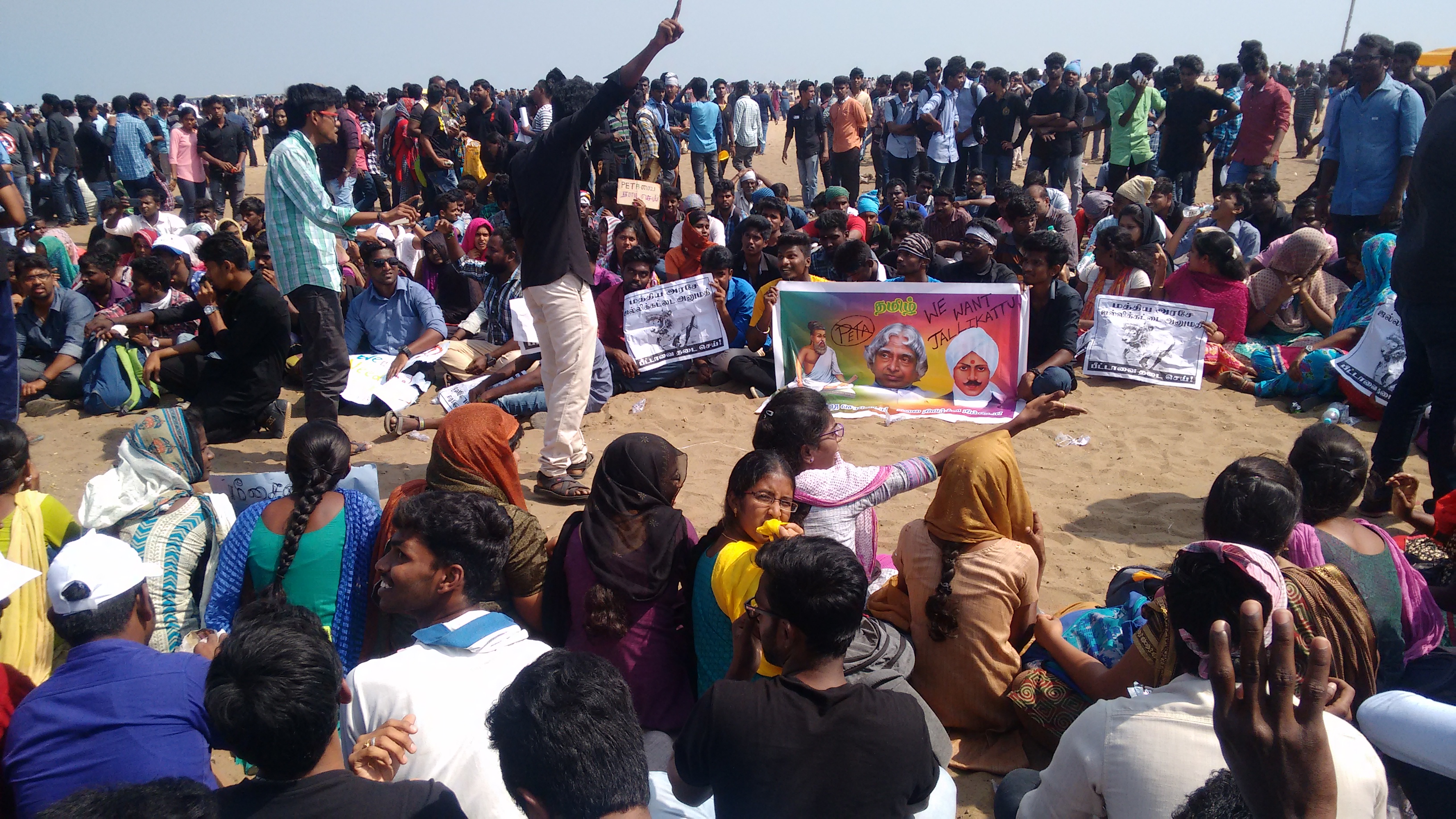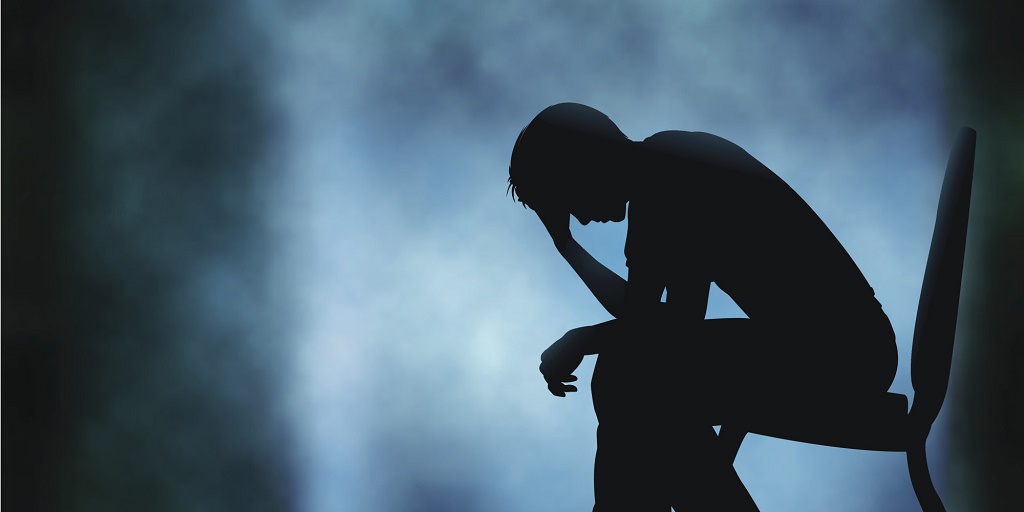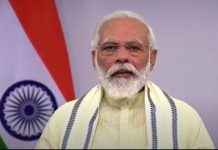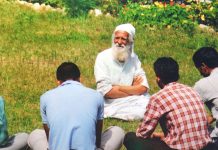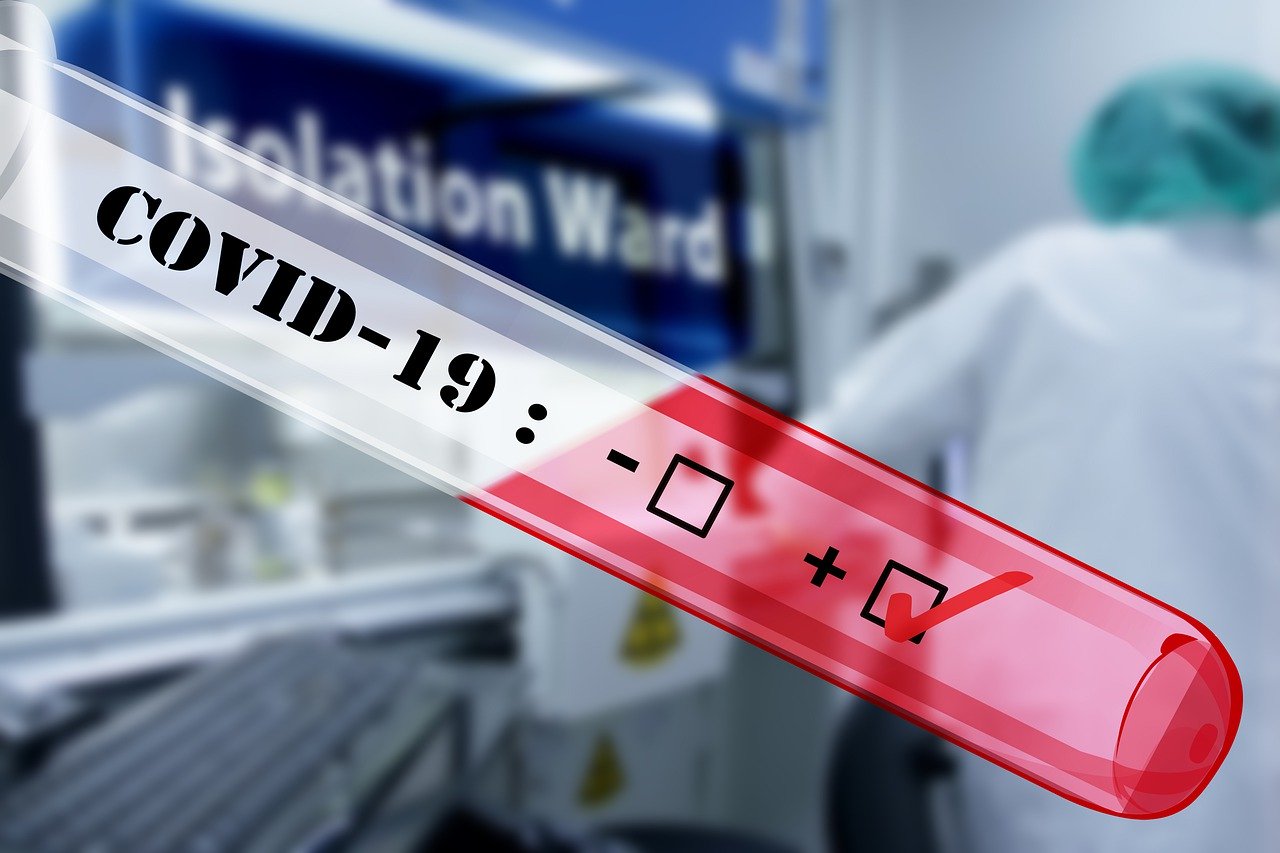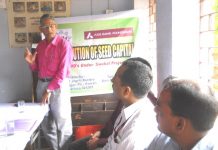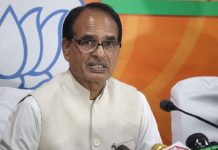As I am writing this piece, I am feeling a chill running down my spine. It is because due to a very unfortunate turn of events our country seems to have transformed into a callous place marked by immense hatred, injustice, and bigotry. Just, in the last few months, we have seen a plethora of appalling issues which may essentially mark the turning of a democratic country to an authoritarian, fascist nation-state.
At this point, many people may term me an anti-national and even ask me to leave the country as I am at unease with its current atmosphere. But, then who and how one decides what is national and anti-national? Could we allow those to define it who are seemingly plotting a wicked plan to exclude a community from acquiring citizenship in the name of religion? Or those demagogues who on the pretext of what ‘India wants to know’ feed malicious and utterly false information in our minds. However, as citizens of this country, it is on us to decide whether we want to have a progressive society where human beings are valued or a regressive society where ‘melas’ and ‘gaushalas’ are given unimaginable priority. To make this discretion we have to understand that as citizens we can ask questions to the state and that does not signify being seditious. In fact, that is our right as well as duty.
Are We Becoming Mute Spectators?
In the book “The Argumentative Indian”, Amartya Sen has given many instances to show that how Indians have had a long tradition of being argumentative, where at different points of time heterodoxy was welcomed and appreciated. But, today if we look around us we will instead realise that there is just a hullaballoo of unjustified, unscientific, extremely obnoxious and loud noise where the public discourse is seen to be hijacked by the biased and spineless news channel anchors. The ‘public’ on the other hand seemed to have maintained reticence to the crisis whether it is about Article 370, the Citizenship Amendment Bill, fee hikes and privatisation of education, mob lynching or pollution except for a handful of resistance. Therefore, the question is what is happening to our collective conscience, a firm political awareness, and an unprecedented ethos of argumentation? Are we so engulfed with our lives, to secure a perfect job and thereafter a ‘happy’ life? But, just wait for a minute and think, whether the kind of prosperous life which we have envisioned is a life worth living or it is just a sophisticated disguise for a life full of toiling, exploitation, poor mental health, disregard and inveigh. These are the questions that we need to ask ourselves as well as others but who has time to ask these ostensible “absurd” questions when all we need to care about is securing skyrocketing percentages by the art of rot learning. This is deemed as important as it is perceived to secure one’s seat in a reputed college and university, guarantying a luxurious job. Thus, everyone as smart and obedient workers toil day and night to keep their places intact in the “rat race” to be an “efficient” and “intelligent” student and then a professional. But again ask yourself, does this transition takes place. How many of us could really say that “I am different from you because I think differently.” Disagreements and dissimilarities are important for a society to see change because it is the augury of a novel beginning.
History has given us many examples where non conformity, dissent, and arguments have brought a new dawn; where a Gandhi became a “Mahatma” against the colonial atrocity, an Ambedkar transformed into a crusader of the marginalised with staunch critique of the internal oppressors and where an Ismat Chughtai dared to cross the “laxman rekha” to question why the likes of “laxmans” will decide the fates of women. These instances show that society is not a static entity and individuals are not merely mute spectators. They also have an agency which is cardinal for society to grow and nourish. Today, we do not have to be the likes of our great foremothers and forefathers but we need to certainly take their inspiration and carve our course of action.
The Time is to Think and Question
Time has changed as we live in a world that is increasingly marked by the growing omnipresence of market driven ethos in all spheres of life. Consequently, we have developed a calculative, formal and “blasé” attitude whereby we remain unbothered, indifferent and very stoic to what is happening around us. We assume that politics is just chaos, protests are an unnecessary drama of the troublemakers, socialising, talking and arguing are just a waste of time. For example, we tend to believe that for us and our children education without any hindrance is very important for a fruitful life. By fruitful, I mean largely the “middle class” values of a secured, opulent job with a respectful status. This is the standard aspiration we set for our children and youth and anything unbecoming is seen as deviance. There is indeed no problem in aspiring a good life but then the question is at what and whose cost?Who will eventually have a good life?We or those greedy juggernauts. And the most basic concern, will there be ample job opportunities for a decent life given the rising unemployment scenario. The privileged lot may be able to get a private education but it will not suffice to lead a dignified and egalitarian life and to not be another replaceable worker. It is because where a public good like education is itself seen as a lucrative commodity, how could we expect that it will mould creative, aware and sensitive souls to dissent when the educational and working organisations are being rampantly put on sale to the exploitative and bloodsucking business conglomerates and their education, jobs, and aspirations are being snatched away.
Therefore, it is not about who we are and where we have come from as slowly and gradually a process of “hegemony” is engulfing us while we are at peace by thinking that the promise of development has been delivered. Not to deny that no voice and resistance are emerging from amongst us but it seems that the larger atmosphere has become very self-contained. Nonetheless, as citizens if we have taken the responsibility to elect a government then we must also hold it accountable, the former is our right while the latter is our duty and practicing both wholeheartedly can only make our democracy vibrant. We need to ask questions, very uncomfortable questions which can shake up the conscience of the society. Maybe we can start at our home and schools. We may not get an answer, it may not yield any instant concrete results but it will certainly be the stepping stone for social transformations. This is indeed the need of the hour!
Chandreyee Goswami,currently pursuing MPhil in Tata Institute of Social Sciences at the Centre for the Studies of Sociology of Education.

